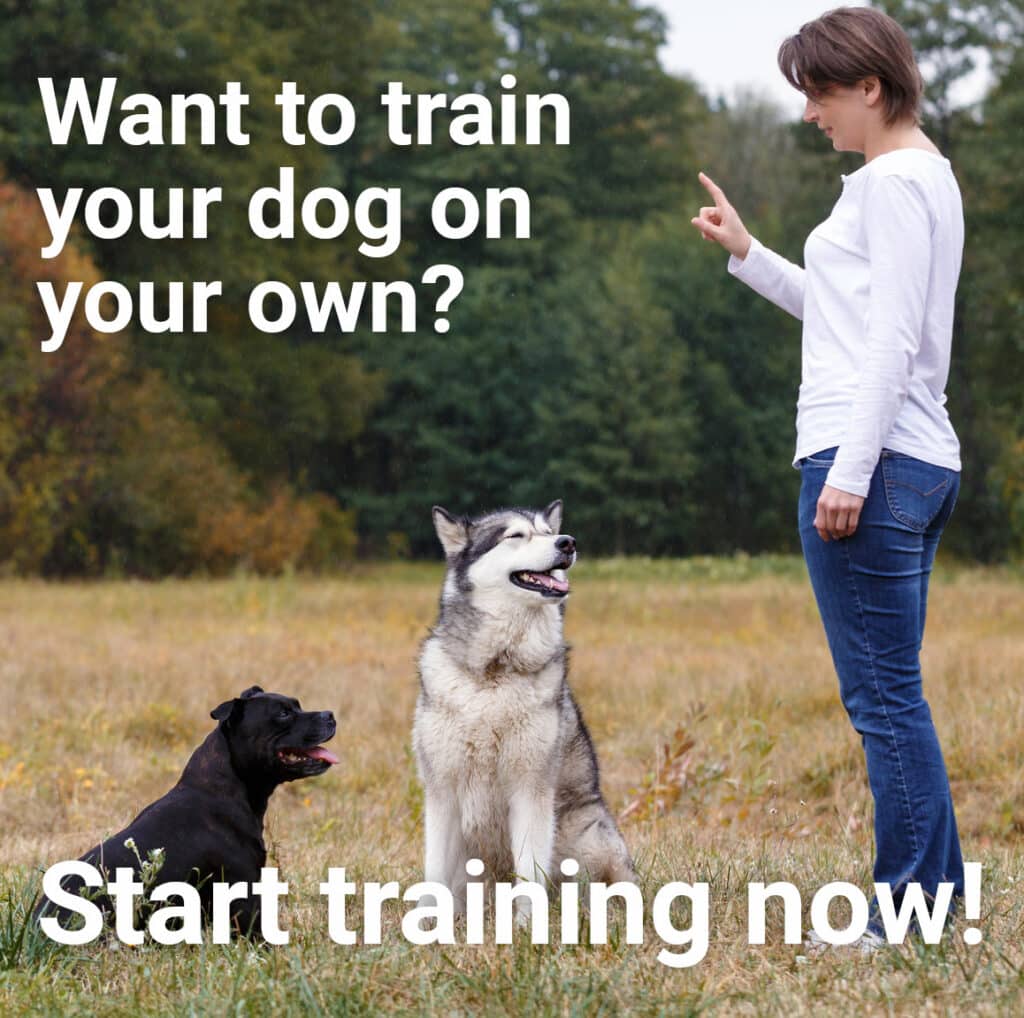Procrastination is the end of progress. This truth shines bright whether you’re working on your novel or training your dog. If you’re procrastinating about something you’re avoiding it for a reason. Perhaps you feel insecure about completing the task well. How do we gain confidence in what we do? Practice is the key to it all. Actually, perfect practice is the honest answer. As renowned horse trainer, Pat Parelli, says, “Practice does not make Perfect, only Perfect Practice makes Perfect.”
What have you worked for in your life that took repetition in order to get better: swimming, piano, video games, multiplication table? Unless you’re insanely gifted you had to work at most things to make progress. We all learn best through repetition: dogs, children, adults, horses, parrots – every single one of us. The trouble comes when we feel overwhelmed with what we are expected to do. Guess what, your dog feels overwhelmed at times too. They are faced with so many levels of distractions in one moment they can hit overload. But if they’re in the habit of looking to you for guidance when they need help, then most of their problems disappear. That takes practice. This simply means throughout the day you need to engage your dog’s mind, so their brain becomes conditioned to connecting with you and listening to your advice.
We can show you how to walk with your dog and give you every perfect response to help guide them through it. However, unless you practice exactly what we showed you, then things aren’t likely to smooth out as quickly as you hoped. Think of anything you need to do well; the only way it works is when you apply the rules and practice. You need that same commitment in your relationship with your dog, because it creates the strong connection you want and gives your dog needed clarity in his world. When your dog knows better, he does better.
We’re creatures of habit just like our dogs are, and it takes work to change habits. The more often we practice, the faster we’ll create new habits. There might be a hundred little mistakes along the way, but every effort brings learning. Your trainer is there to guide you, but it takes practice from you to see the long-term changes. When the human changes, the dog will change too.
What doesn’t work is quitting and we often quit without even knowing it. We’re too tired, too busy and often too complacent. We keep on doing the ‘same old same old’, even if we know it’s not what we should be doing. We keep using the flexi-leash and our dog continues to create havoc when he sees another dog on our walk. We keep our tones even and our dog continues to ignore us. We keep greeting them at the door as if we returned from a long absence and our dog will continue to meet us at the door with chaotic jumping and energy. If we keep doing what doesn’t work, then we’ll keep getting the same response. It’s simple – our dogs can’t be different unless we are different and that takes practice.

